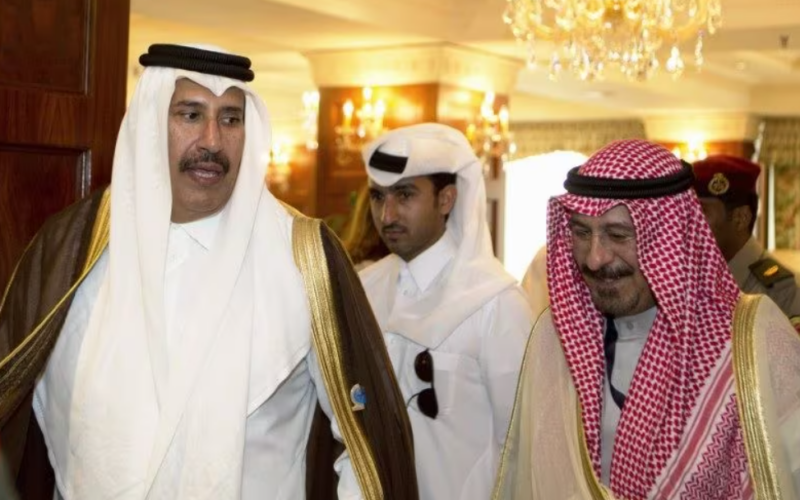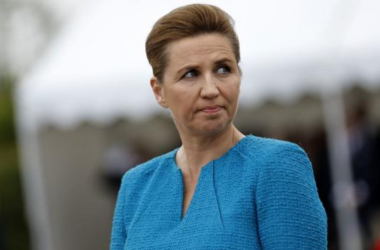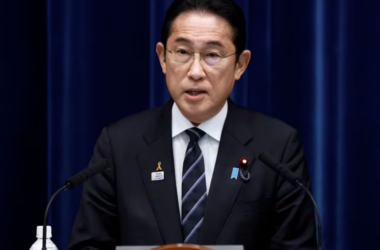Kuwait has taken a significant step in its political landscape as it officially announced the formation of a new government, marking the first cabinet under the leadership of Prime Minister Sheikh Mohammed Sabah al-Salem al-Sabah. This development follows the passing of the country’s previous ruler, ushering in a new era of governance. The state news agency reported on Wednesday that the prime minister has appointed key figures to crucial ministerial positions, with a focus on preserving Kuwait’s foreign policies, Gulf Arab unity, Western alliances, and strong ties with Riyadh.
The newly appointed Prime Minister Sheikh Mohammed Sabah al-Salem al-Sabah has wasted no time in assembling a team to steer Kuwait through its political challenges. Emad Mohammed al-Atiqi has been appointed as the oil minister, tasked with overseeing the nation’s contributions as an OPEC producer. Anwar Ali al-Mudhaf assumes the role of finance minister, while Abdullah Ali al-Yahya takes charge as the foreign minister. These appointments are crucial for maintaining stability and advancing Kuwait’s interests in the global arena.
Under the new Emir, Sheikh Meshal al-Ahmad al-Sabah, who assumed power in December following the demise of his predecessor Sheikh Nawaf, Kuwait is expected to maintain its established foreign policies. These policies include unwavering support for Gulf Arab unity, strong alliances with Western nations, and a robust relationship with Riyadh, identified as a top priority. The commitment to these principles reflects Kuwait’s diplomatic standing and strategic alliances, ensuring continuity despite the leadership transition.
As Kuwait ushers in a new government, it faces persistent challenges arising from longstanding tensions between the ruling family and critics within the parliament. The country’s political landscape, characterized by a deadlocked and fractious parliament, has often been cited as a hindrance to fiscal and economic reforms. Unlike other Gulf monarchies, Kuwait’s legislature holds considerable influence, frequently leading to cabinet reshuffles and dissolutions of parliament due to political gridlock. Managing these internal dynamics will be crucial for the effectiveness of the new government.
The formation of the new government occurs at a time when Kuwait is navigating intricate political waters. The leadership is expected to prioritize strategic areas, including economic reforms, fiscal policies, and addressing the strains between ruling entities and parliamentary critics. By focusing on these key areas, the government aims to bring about stability, economic growth, and effective governance.
Kuwait’s announcement of its first government under the new emir and prime minister signifies a pivotal moment in the country’s political landscape. The appointed leaders, including the prime minister and key ministers, will play instrumental roles in steering Kuwait through internal challenges and external diplomatic engagements. As the nation strives to maintain its foreign policies, foster Gulf Arab unity, and enhance ties with global partners, the effectiveness of the new government will be closely monitored. The evolving dynamics within Kuwait’s political sphere will undoubtedly shape the success of the government’s initiatives and its ability to address longstanding issues for the benefit of the nation and its citizens.








